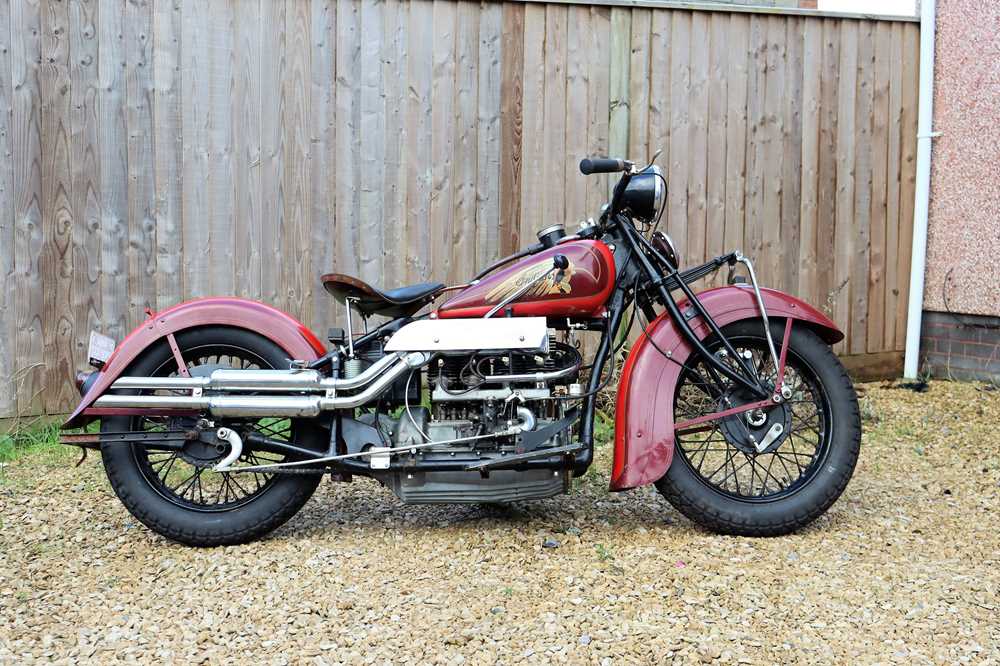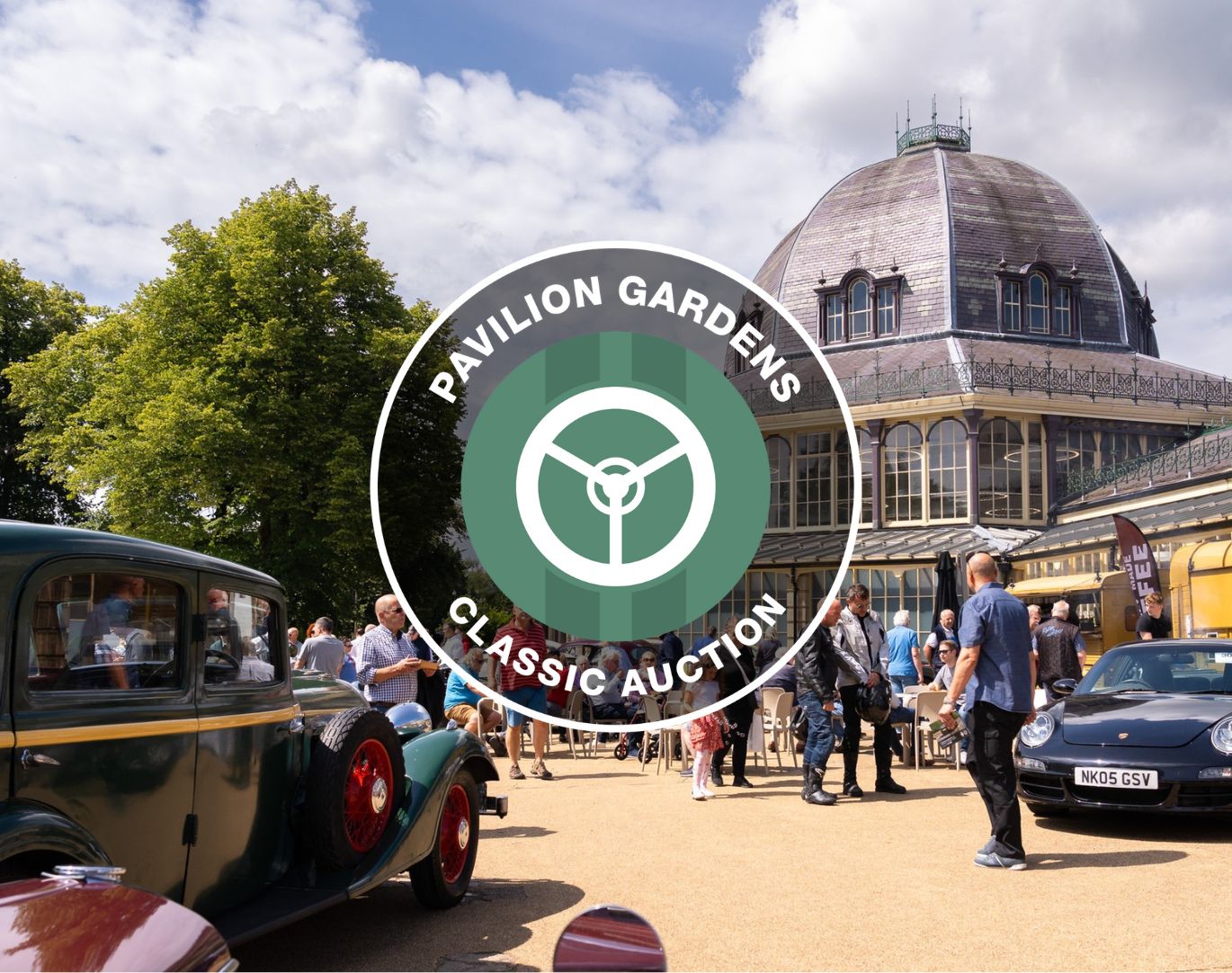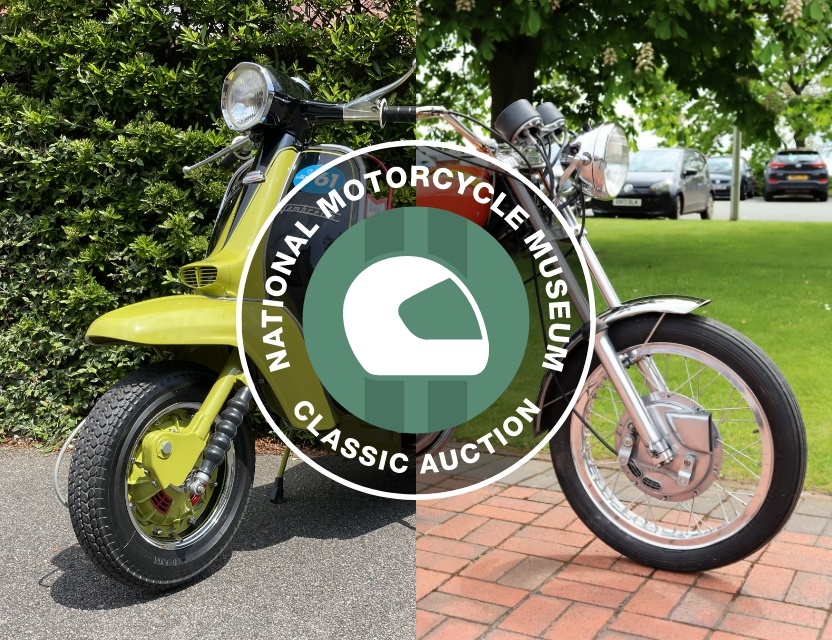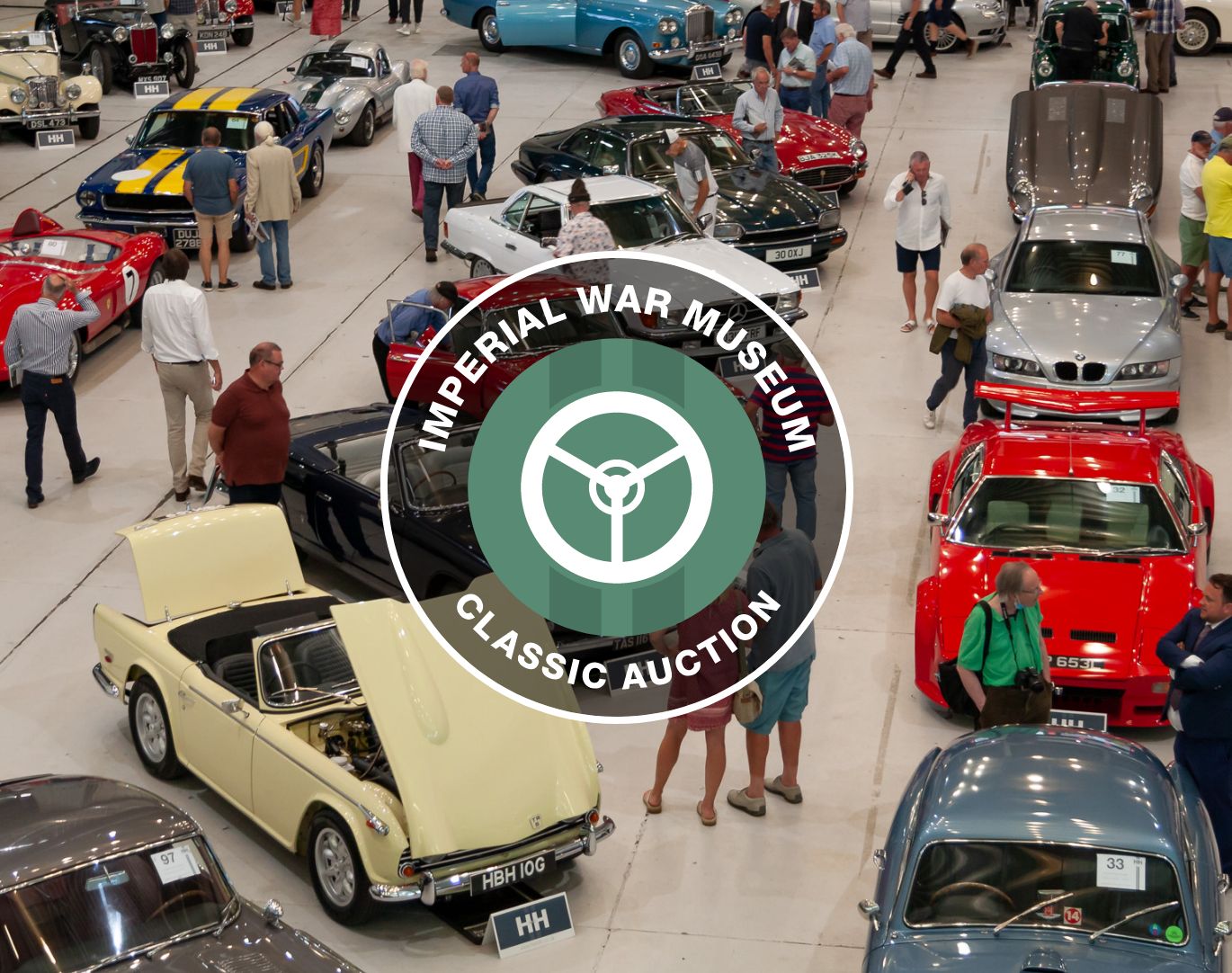A Very Rare Survivor. A 1936 Indian Four. £50,000 - £60,000
With H&H Classics, National Motorcycle Museum, 29th March 2023
26/01/2023
1936 Indian 4: Estimate £54,000 - £58,000
For those of us who simply love the design and ethos of the Indian motorcycle this Indian Four offers a rare opportunity to fulfil a dream when it comes to sale with H&H Classics at the National Motorcycle Museum on March 29th.
Mike Davis, who heads the H&H Bike Department, says: “It was purchased by the vendor as a project and sympathetically restored, retaining the 1980s paint. It is a rare survivor today in the UK and comes complete with a current V5C and other paperwork. We have been advised it is running well.”
Indian were at the forefront of motorcycle design during the pioneer years, introducing many innovations including sprung frames and electrical lighting systems at a time when their rivals were still employing designs not far removed from those found in the contemporary cycle industry. In 1911 they secured the first three places in the Senior TT, on the Isle of Man, with machines equipped with countershaft gearboxes and chain drive.
Throughout the 1920s and early 1930s, Indian continued to offer innovative solutions and adapted to the change in the North American marketplace that saw the motorcycle as transport threatened by the advent of affordable, mass-produced motorcars such as the Ford Model T, successfully transforming their products into "lifestyle" accessories, long before the concept had been invented. Although they produced successful single-cylinder models, influenced by the sporting machines produced in the UK, the Springfield factory was best known for their large capacity V-twins and the illustrious line of four-cylinder machines.

The Indian Four’s origins lay not in Springfield, but instead in Philadelphia, where following the sale of the Henderson four-cylinder design to the Schwinn company, William, or Bill Henderson established a new company, the ACE Motor Corporation, to produce a range of inlet over exhaust, inline-four cylinders ranging in capacity between 1168cc and 1266cc.
The ACE company survived until 1927, despite the loss of its founder in 1922 when he was killed testing a new model, however, the deteriorating economic climate resulted in the ACE marque being purchased by Indian. The Indian fours continued to be marketed under the ACE brand until 1929 when they became the Indian Four. By the early 1930s the Indian 4 was well-integrated into the existing range, sharing features such as the leaf-sprung fork with their Vee-twin-powered siblings.


